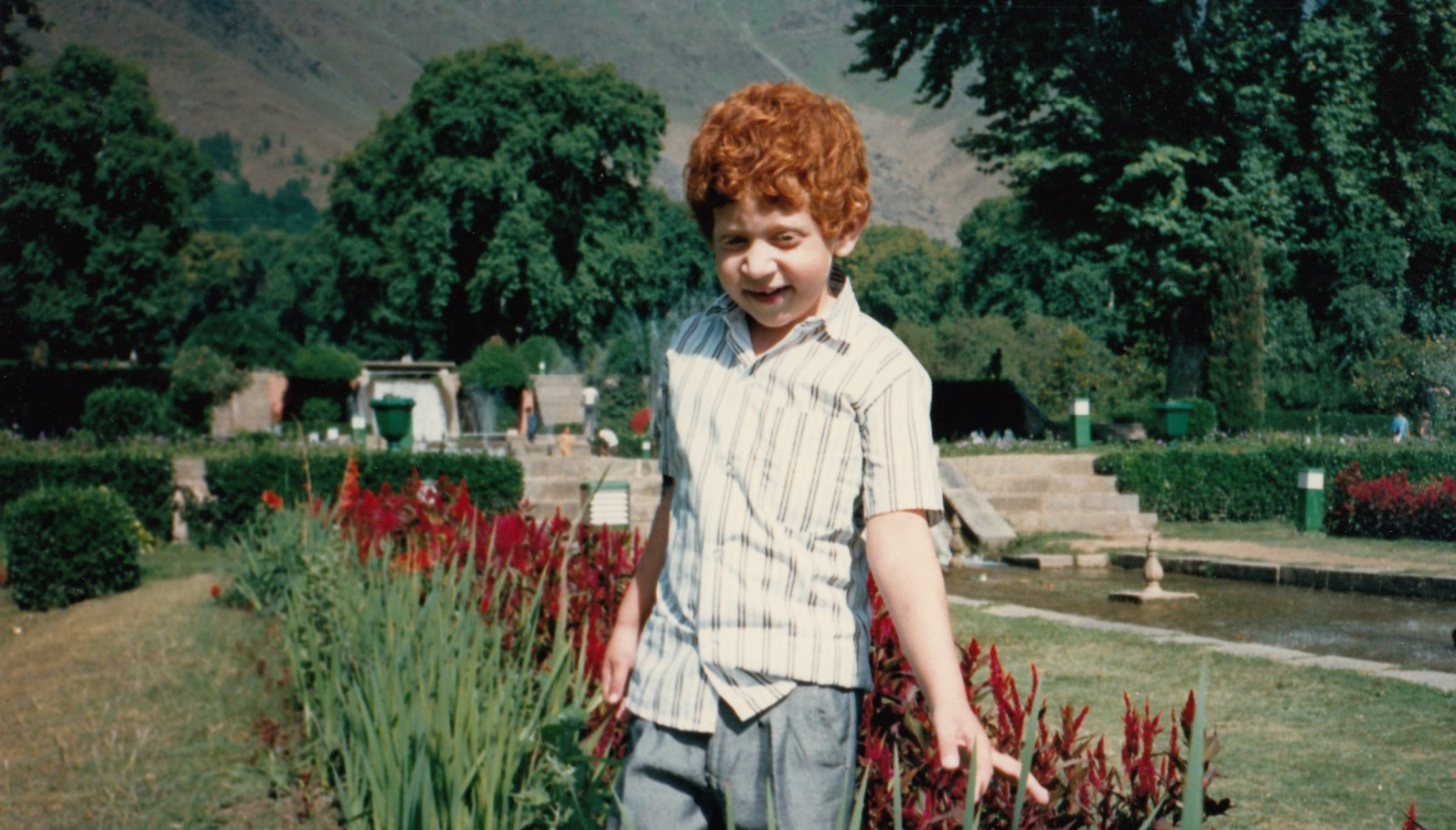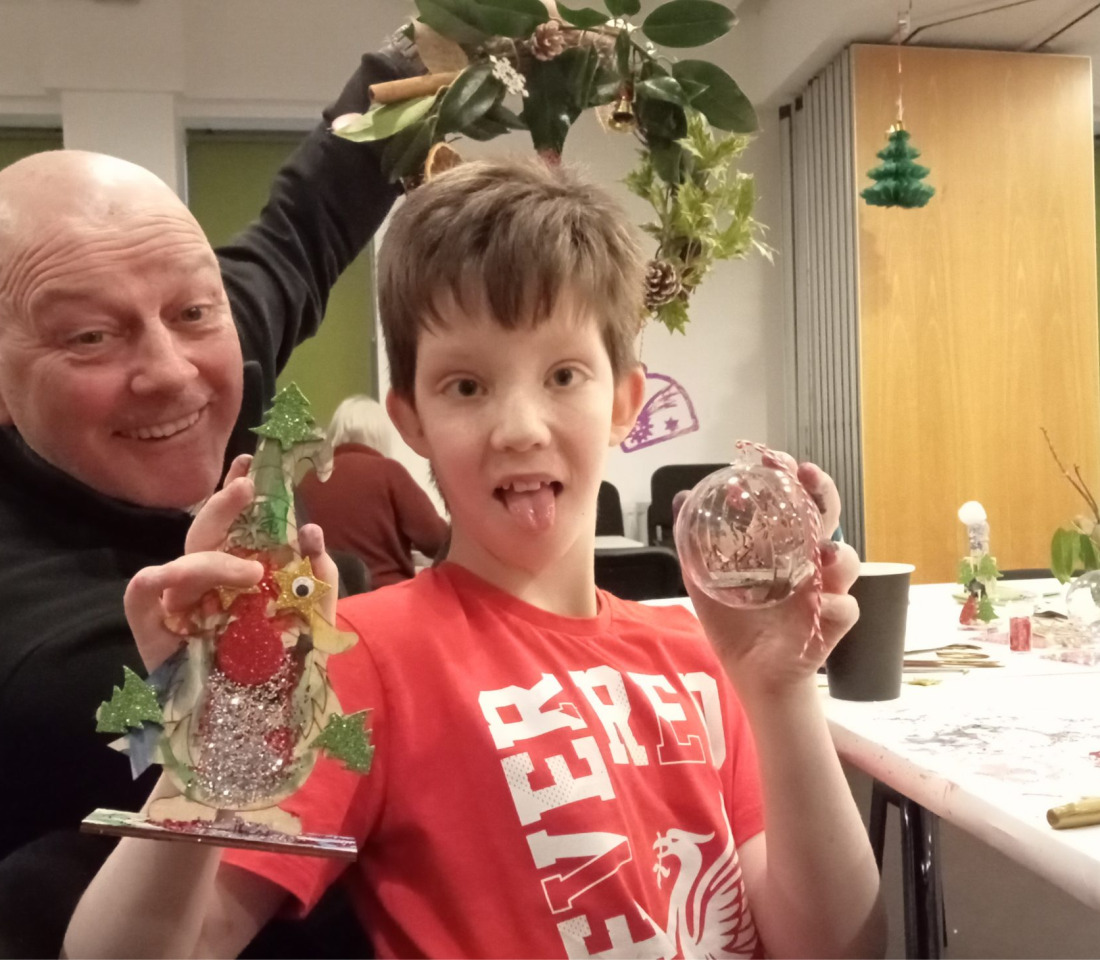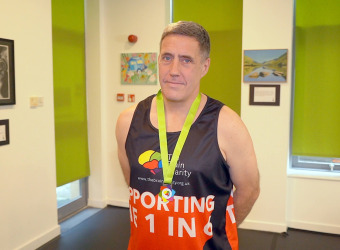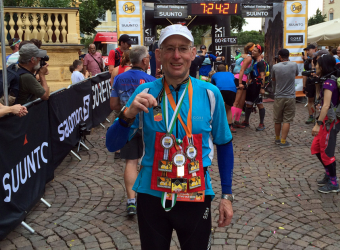
10 lessons from having a TBI (traumatic brain injury)
Understanding traumatic brain injury (TBI) and its impact
Traumatic brain injury (TBI) is a serious and often life-altering condition that affects millions of individuals worldwide. According to Headway UK, an estimated one million people in the UK are living with a brain injury, with many experiencing long-term physical, cognitive, and emotional challenges. TBI can occur in a variety of ways—from car accidents to falls—and its effects can range from mild concussions to severe disabilities.
Living with a TBI can be a daunting journey, but many individuals find ways to adapt, grow, and share valuable lessons learned along the way. The following blog from Mahir offers a first-hand account of living with a TBI, providing both insight and advice on how to cope with its challenges, drawn from over 30 years of experience.
My accident and early challenges:
On the 30th of January 1988, I was coming back from school one afternoon by bus in the small country of Kuwait. On that particular day though, the bus driver dropped me off opposite to my home and left me to cross the main road by myself. Since I was so young (it was only two days before my sixth birthday), I continued crossing and 3 weeks later, I woke up in the hospital, having been in a coma.
Navigating life after TBI:
I realised that the accident had broken off a large portion of my skull, roughly equivalent to the palm of my hand. I had hemiparesis, Bell’s palsy, and deafness in my left ear, and I lost my voice. I had many follow-up appointments, and I gradually got better, so I can now speak and use the left half of my body and plastic was fitted into my head to close it.
I was a special needs pupil at school, requiring one-to-one tuition and eventually returned to regular classes. However, things were not the same, something changed inside me.
I was no longer as lively or happy as other children and was very much within myself. I was very unconfident, and this created bigger problems when I got older.

I couldn’t even feign being confident, leading to a lack of success at job interviews. Some of the problems were also more noticeable as I got older, such as when I started learning how to drive but could not remember where I went or what I saw (I realised years later that my visual/spatial memory had been affected due to the impact on the lower left occipital part of my skull).
Finding support and moving forward:
A key turning point for me was when I got married, as I was blessed with an amazingly supportive wife who supported me in all areas of my life.
Not too long afterwards, I was able to move to Saudi Arabia to teach English and learn new life skills that I had missed out on earlier in my childhood.
I am far from perfect, but much better than where I was before.

Some advice: 10 key tips for living with TBI
Here are some tips on how to deal with a TBI based on my own experience of living with a TBI for more than 30 years. I am not a medical expert so please feel free to question any of my tips and do your own research around the topic.
- Accept what has happened – Once someone has a TBI, things will never be the same. That is a difficult idea to accept, but life goes on. Dwelling on how life could have been will not change the past—it will only lead to regret and illness. Try to see what you can do with your new life, but take time alone to express your sadness and frustrations. Reading about others who have overcome great difficulties, including head injuries, may help. I had an interview about my experiences, which you can watch here: YouTube Interview.
- Learn to manage what has happened – Doctors provide advice based on their experience with other patients, but they cannot have first-hand knowledge of every condition. Research your condition to better manage your life. If a doctor suggests something that makes you uncomfortable, consider getting a second opinion. Many online support groups and charities provide valuable information. You can reach The Brain Charity’s info & advice team at info@thebraincharity.org.uk.
- Take care, especially of your mind – The brain controls both the body and thoughts, so looking after your mental health is crucial. TBI can lead to depression or intrusive thoughts. Some days will be better than others, but isolating yourself can make things worse. Having a supportive loved one or friend nearby—someone who listens without judgment or constant advice—can be a great help.
- Raise awareness – Medical knowledge is always growing, but many conditions remain misunderstood. Lack of awareness can lead to social stigma, especially with conditions like TBI that affect mental health. Sharing your experience can help change perceptions and break negative stereotypes. I have written a memoir about my experiences called: Hole in My Head – A Blessing in Disguise.
- Be natural – Many modern foods contain chemicals and additives, and excessive screen time can negatively impact health. Try to eat natural, healthy food, minimise fast food, and reduce screen time by spending more time outdoors, perhaps by going for a walk.
- Get creative – Art, poetry, or other creative activities can be relaxing and provide an outlet for self-expression. Engaging in creative pursuits can also be a helpful distraction from other challenges. I personally enjoy writing on a variety of topics.
- Get moving – Physical activity, whether sports, martial arts, or gentle exercises, can improve fitness, balance, flexibility, and reflexes. Know your limits and explore different activities that suit you—some sports may carry greater risks than others.
- Try to gain independence – It can be tempting to distract yourself with shopping or other activities to “forget” your struggles, but in the long run, this doesn’t help and can even lead to harmful habits. Focus on long-term goals and how to live a meaningful and fulfilling life.
- Consider your life’s purpose – A life-changing event can lead to feelings of hopelessness. Use this time for self-reflection and exploring your overall purpose. Many people turn to philosophy, spirituality, or religion for guidance. In my case, I follow Islam and write FAQ articles about it, as I believe it is often misunderstood.
- Try to see the blessings – When something bad happens, people often ask, “Why me?” But what if we reversed the question? Rarely do we think, “Why have I been given supportive family and friends?” or “Why do I have so much compared to others?” Try to focus on what you do have rather than what you lack. I explore this idea further in my TEDx speech, which you can watch here:
Living a fulfilling life with traumatic brain injury:
Living with a traumatic brain injury is not an easy road, but it is one that many individuals, including myself, have navigated with resilience and the support of loved ones. Through my experiences, I have learned valuable lessons in accepting what has happened, managing challenges, and finding ways to grow.
I hope that by sharing my story, others who are living with a TBI—or supporting someone who is—can find comfort, advice, and encouragement. Life may be different, but it can still be fulfilling. Never lose sight of the blessings, however small they may seem, and always keep moving forward. I hope these tips will be useful to you, and I wish you and your loved ones the best of health.
Categories: Guest blogs, News
Published: 8 April 2025














